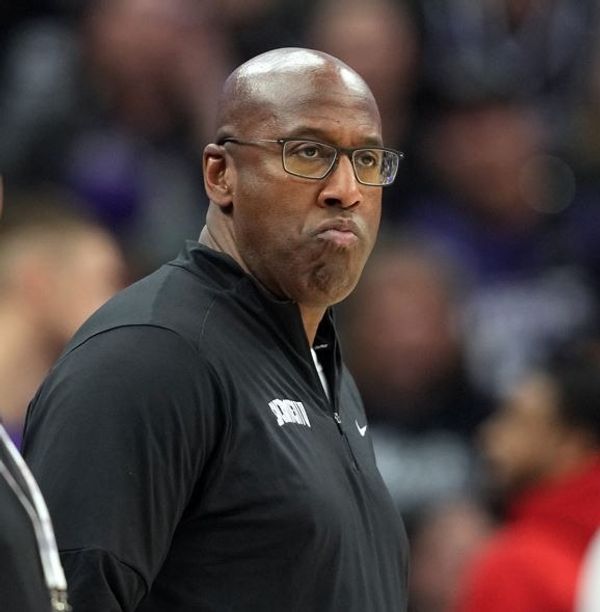
Good morning!
Many workers around the U.S. have gone through life with an unspoken understanding about résumés: They’re supposed to be one page long. Anything more is testing the patience of a busy recruiter or hiring manager. But AI may be changing that.
About 53% of recruiters now expect candidate résumés to be two pages long, according to a new report from Criteria, a job applicant testing company. Meanwhile, 43% of hiring professionals still want the standard of one page, while 4% want more than two pages from applicants.
Josh Millet, the CEO of Criteria, tells Fortune that the fact that more than half of surveyed recruiters expect two-page résumés is a tacit confirmation that the industry as a whole is using AI to sift through applications. Candidates now know that they need to list the skills a bot is searching for, and hiring managers are using the tech to wade through a pile of thicker applications.
“There's just no way that collectively HR people are saying: ‘I need to read longer résumés,’” he says. “So the overwhelming interpretation of that is an admission on all sides that machines are reading their résumés.”
Businesses are increasingly leaning on technology to bolster their talent acquisition process—about 42% of companies say they use AI screening “to improve recruiting and human resources,” according to a 2023 report from IBM. This allows them to filter out strong applicant matches within a fraction of the time it would take them to analyze candidates individually.
And as for job seekers, they’re using the technology to apply to more jobs than ever. The sweet spot for job hunters is sending out between 21 and 80 applications, according to 2023 data from the U.S. Bureau of Labor Statistics. But that number is far lower than what many job seekers feel forced to do in such a tough market—candidates publicly leveraging ChatGPT and other AI models to optimize their materials are sending out hundreds, if not thousands of applications.
The fact that AI is radically changing the hiring process, however, it isn’t necessarily a bad thing. Millet says that new technology offers the chance for talent acquisition teams to be more efficient, screening a larger and more diverse group of candidates at a faster pace. But he adds that people need to stay central to the process while working alongside AI.
“We're very strong believers that hiring decisions should ultimately be human ones,” he says. “But technology can help prioritize certain people in your applicant pool, or help surface people that you wouldn't have looked at otherwise. So I think that's an important dynamic.”
Emma Burleigh
emma.burleigh@fortune.com







